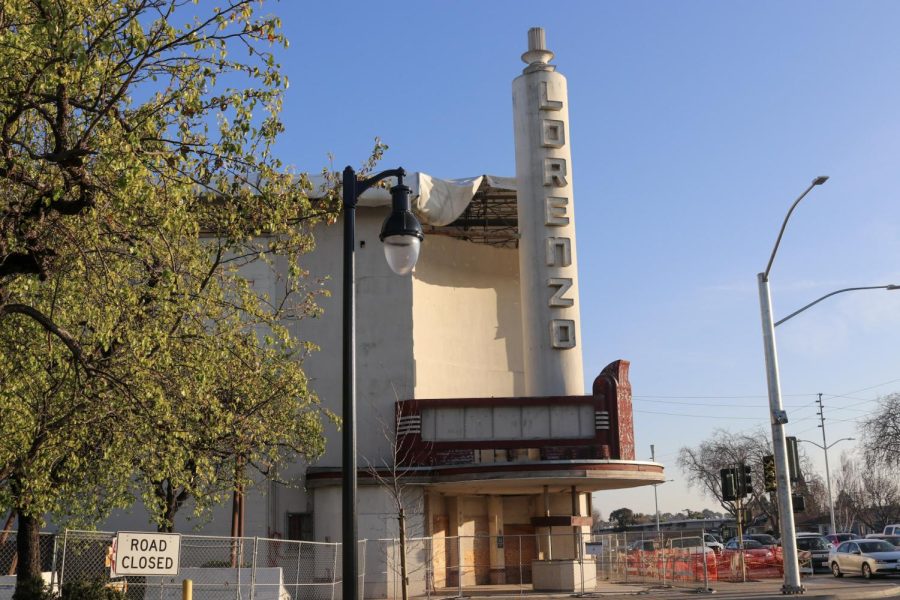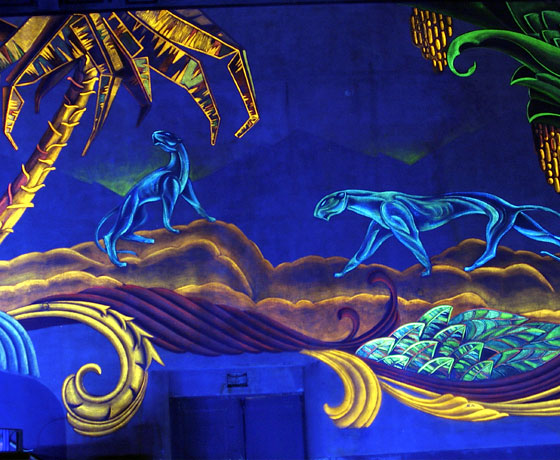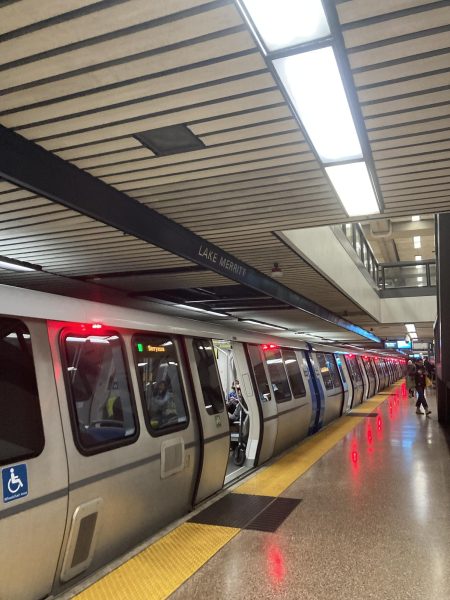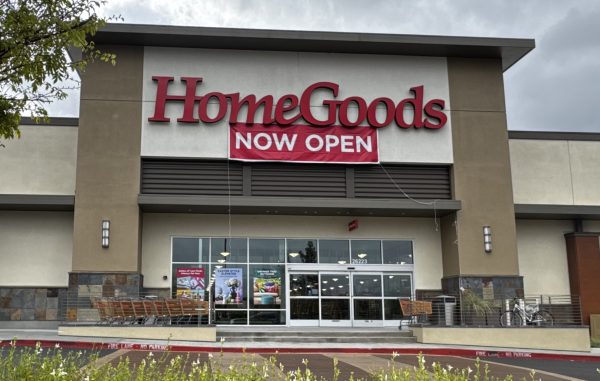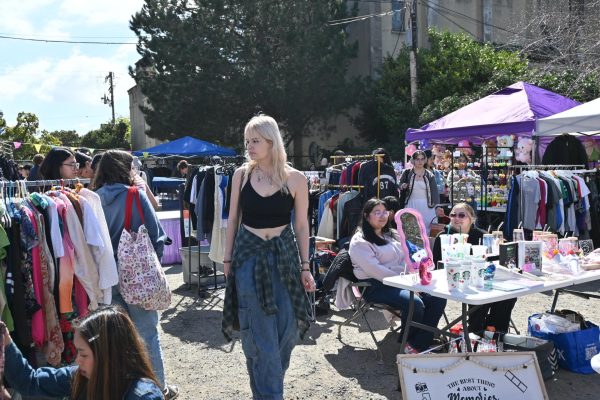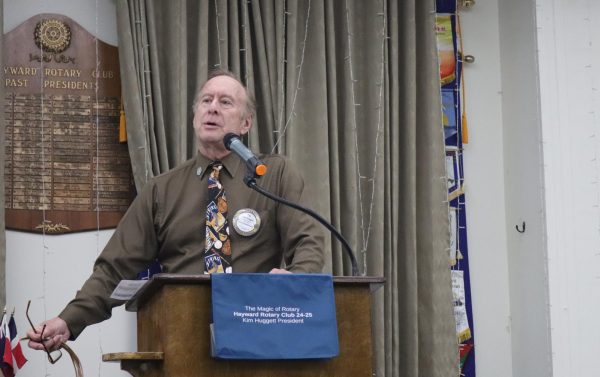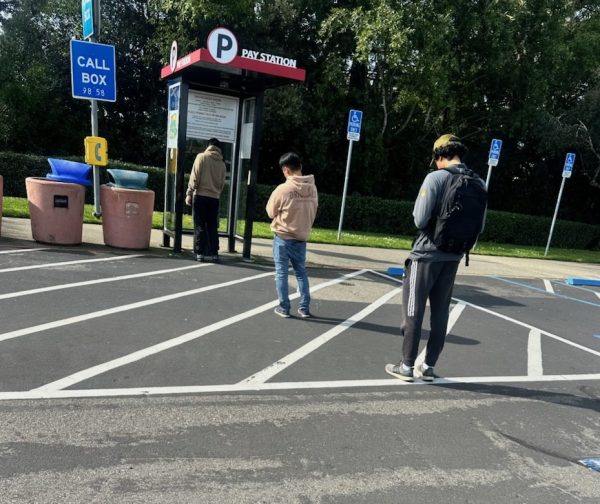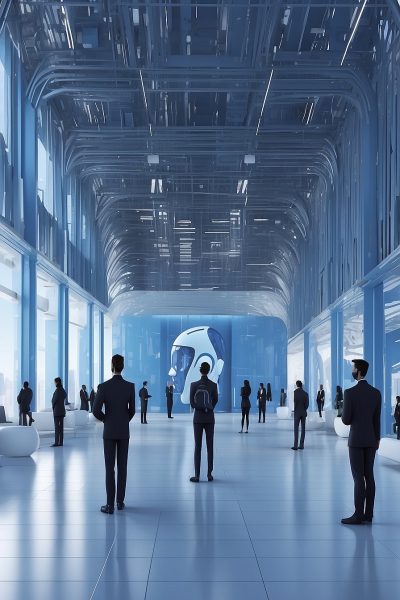The Fight To Save The Lorenzo Theater!
The History and Future of Beloved Art Deco Movie Theater, The Lorenzo Theater
It’s been nearly 16 years since Alameda County purchased Lorenzo Theater, a historic art deco movie theater located in San Lorenzo, Calif.
Lorenzo Theater opened in 1947 with patrons decked out in black ties and formal attire for the theater’s first showing of “Dark Mirror,” starring Olivia de Haviland. The opening of Lorenzo Theater brought excitement to the San Lorenzo Village and a party was thrown at the Homes Association Community Center in celebration.
Besides being a fun new spot for San Lorenzo residents to visit, Lorenzo Theater is also known for its trailblazing. The theater was the first in Northern California to have fluorescent black light murals, 20 years before The Fillmore in San Francisco popularized it.
The iconic black light murals were painted by Dutch artist, Anthony Heinsbergen, and remain beloved by many San Lorenzo locals. To this day, visitors will go into the vacant Lorenzo Theater to take photos of the well-known murals.
The theater went strong until it hit a rough patch in the 1960s when the economy and competitors led to a decline in attendance. In an effort to revitalize the theater, a deal was struck to show foreign films. However, when that five-year lease expired, the theater closed in 1982 and has been vacant ever since.
There have been various efforts and offers from investors hoping to purchase Lorenzo Theater since its closure. These proposed plans have included turning the theater into a dance hall, a center for teens, a showroom for classic cars, a daycare center, an international food bazaar, and even a place to produce and sell beer.
All plans for Lorenzo Theater eventually fell through and ultimately, it remains closed and abandoned. The once lively art deco building now sits dilapidated.
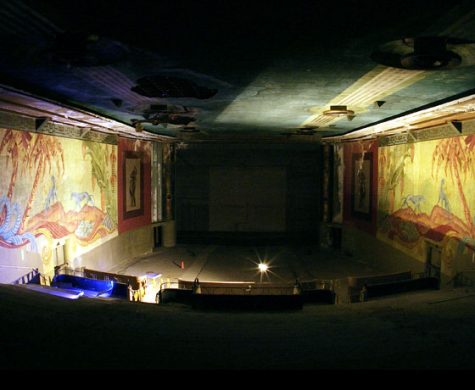
The Lorenzo Theater Foundation (LTF) is a non-profit founded in 1999 that catalyzed the initiative to “Save the Lorenzo.” Their main goal was to raise enough money to purchase and restore the theater to its previous glory.
“We really want people to know this isn’t just some brick sitting here taking up space,” said Diane Rinella with LTF.
After nearly two years of negotiations and eventually reaching an agreement, LTF was given a period of 14 months to raise $300,000 in 2007. Failing to reach that goal, The Lorenzo Theater remained a property of Alameda County after it was officially acquired in 2006.
On June 5, 2020, the Alameda County Fire Department responded to reports of a fire at the Lorenzo Theater. The fire crew was able to extinguish the fire within a few hours with a majority of the damage being to the roof.
While the historic black light murals remained intact for the most part, the roof of the theater was completely destroyed and the overall damage was extensive.
The building is currently under rehabilitation for damage related to the fire. After restoring the major fire damages is done, Alameda County will be selling Lorenzo Theater to a private developer.
“After we are done with our work related to the fire, a private developer will then take it and develop it as a live music venue and a restaurant,” said Jaimie Orfanos, a Manager in Alameda County’s Economic and Civic Development Department.
With the Lorenzo Theater currently being under restoration, Orfanos shared that the plan is to be done with restoring major fire damage by the end of 2022. Another level of fire-related work will be completed by the end of 2023 with the intent to turn the building over to the developers in 2024.
The Lorenzo Theater became a California Historic Resource in 2001 along with being one of the winners of the 1986 Art Deco Society Preservation Awards. On September 12, 2002, the Lorenzo Theater became the first Historic Preservation District in Alameda County by being designated as a Historic Preservation (HP) District by the Alameda County Board of Supervisors.
The future of The Lorenzo Theater is precarious but it remains a treasured part of San Lorenzo’s cultural history, a fact that local residents refuse to forget.


